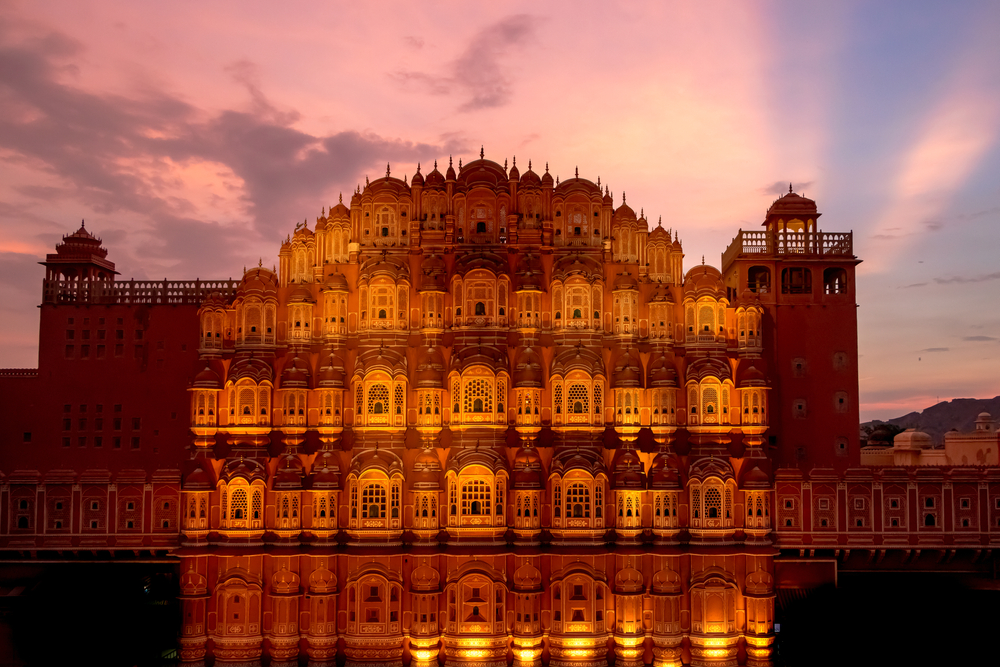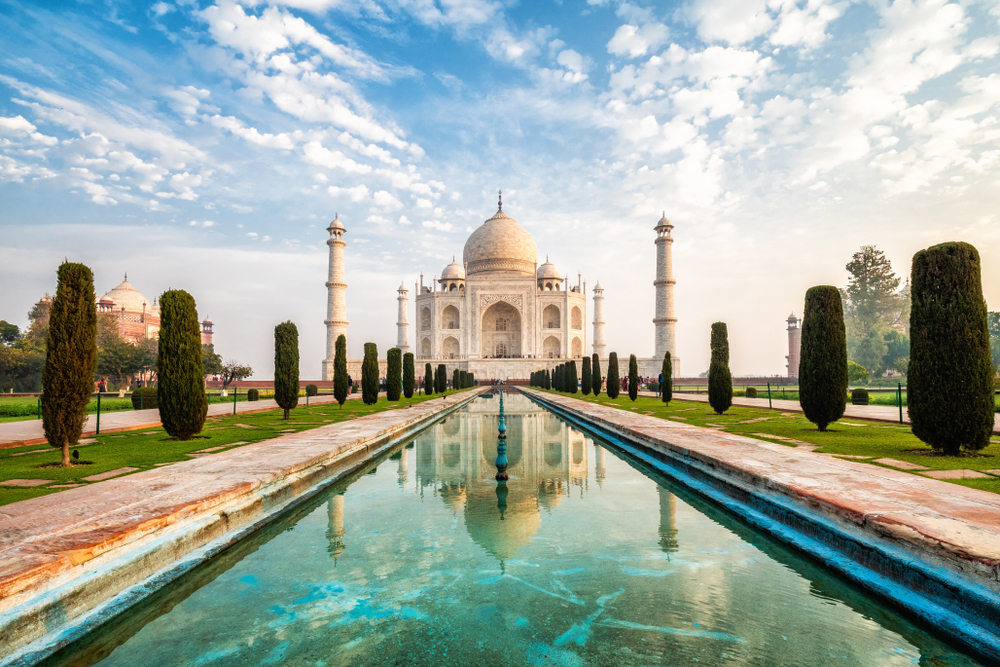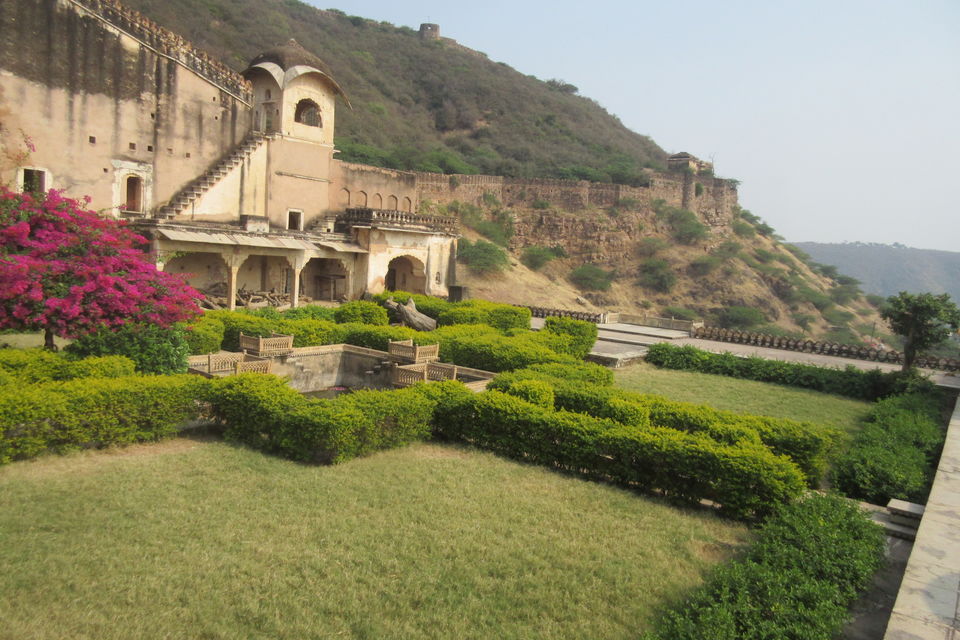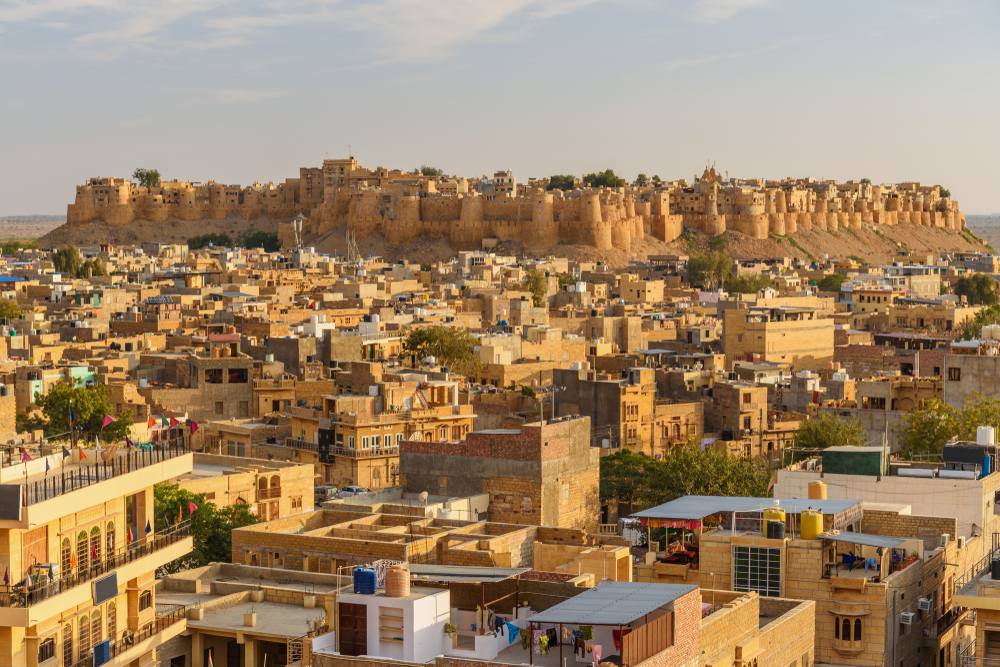Rajasthan: A Jewel in the Crown of India
Related Articles: Rajasthan: A Jewel in the Crown of India
Introduction
In this auspicious occasion, we are delighted to delve into the intriguing topic related to Rajasthan: A Jewel in the Crown of India. Let’s weave interesting information and offer fresh perspectives to the readers.
Table of Content
Rajasthan: A Jewel in the Crown of India

Rajasthan, the "Land of Kings," is a state in northwestern India that holds a captivating blend of history, culture, and natural beauty. It is a state that evokes images of majestic forts, vibrant festivals, and the vast expanse of the Thar Desert. Rajasthan’s unique position on the Indian map makes it a vital contributor to the country’s cultural and economic landscape.
A Glimpse into Rajasthan’s Geographical Significance
Rajasthan occupies a prominent position on the western edge of India, sharing borders with Pakistan, Gujarat, Madhya Pradesh, Uttar Pradesh, and Haryana. This strategic location has shaped the state’s history, influencing its cultural tapestry and economic development. Its vast expanse, encompassing a diverse array of landscapes, from the rolling hills of the Aravalli Range to the shimmering sands of the Thar Desert, further contributes to its unique identity.
The Historical Tapestry of Rajasthan
Rajasthan’s history is a testament to the rich heritage of India. It was once a land of numerous princely states, each with its own distinct culture and traditions. The legacy of these kingdoms is vividly reflected in the state’s architectural marvels, including the magnificent forts of Jodhpur, Jaisalmer, and Chittorgarh, and the intricate palaces of Jaipur and Udaipur. These structures stand as silent witnesses to the valor, grandeur, and artistic brilliance of the Rajput rulers.
Cultural Treasures of Rajasthan
Rajasthan is a vibrant tapestry of diverse cultures, traditions, and beliefs. The state’s rich heritage is reflected in its vibrant art forms, including folk music and dance, intricate handloom textiles, and exquisite miniature paintings. Rajasthan is also renowned for its colorful festivals, such as Holi, Diwali, and Teej, which are celebrated with great enthusiasm and joy. These celebrations provide a glimpse into the state’s rich cultural heritage and the deep-rooted traditions that continue to thrive.
The Economic Significance of Rajasthan
Beyond its cultural and historical significance, Rajasthan plays a crucial role in the Indian economy. The state is a major producer of minerals, including zinc, lead, and copper, contributing significantly to the country’s industrial growth. Rajasthan is also a major agricultural producer, with crops like wheat, barley, and pulses contributing to the national food security.
Tourism: A Vital Economic Driver
Rajasthan’s rich cultural heritage, historical monuments, and natural beauty have made it a popular tourist destination. The state attracts millions of visitors each year, contributing significantly to the local economy through tourism-related activities. The tourism sector provides employment opportunities and supports local businesses, including hotels, restaurants, and handicrafts.
Rajasthan on the Indian Map: A Vital Hub
Rajasthan’s location, natural resources, and cultural heritage make it a vital hub in the Indian landscape. The state plays a significant role in the national economy, contributing to the country’s industrial, agricultural, and tourism sectors. Its strategic location, bordering several other states and Pakistan, also makes it a key player in regional trade and economic development.
FAQs about Rajasthan on the Indian Map
Q1. What is the capital of Rajasthan?
A1. The capital of Rajasthan is Jaipur, also known as the "Pink City" for its distinctive pink sandstone buildings.
Q2. What are some of the most popular tourist destinations in Rajasthan?
A2. Rajasthan boasts a plethora of tourist destinations, including:
- Jaipur: The capital city, renowned for its forts, palaces, and vibrant markets.
- Jodhpur: The "Blue City," known for its majestic Mehrangarh Fort and stunning architecture.
- Udaipur: The "City of Lakes," famous for its palaces, lakes, and romantic atmosphere.
- Jaisalmer: The "Golden City," known for its sandstone architecture and the Thar Desert.
- Mount Abu: A hill station in the Aravalli Range, offering respite from the desert heat.
Q3. What are the major industries in Rajasthan?
A3. Rajasthan’s economy is driven by various industries, including:
- Mining: The state is a major producer of minerals like zinc, lead, and copper.
- Textiles: Rajasthan is renowned for its handloom textiles, particularly tie-dye and block printing.
- Tourism: The state’s cultural heritage and natural beauty attract millions of tourists annually.
- Agriculture: Rajasthan is a major producer of crops like wheat, barley, and pulses.
Q4. What are some of the traditional art forms of Rajasthan?
A4. Rajasthan is known for its vibrant art forms, including:
- Folk music and dance: The state boasts a rich tradition of folk music and dance, with various styles and instruments.
- Miniature paintings: Rajasthan is renowned for its intricate miniature paintings, depicting themes from mythology, history, and daily life.
- Handloom textiles: The state’s handloom textiles are famous for their vibrant colors, intricate designs, and traditional techniques.
Q5. What are some of the major festivals celebrated in Rajasthan?
A5. Rajasthan is known for its vibrant festivals, including:
- Holi: The festival of colors, celebrated with great enthusiasm and joy.
- Diwali: The festival of lights, celebrated with fireworks and traditional delicacies.
- Teej: A festival dedicated to women, celebrated with swings, songs, and dances.
Tips for Visiting Rajasthan
- Plan your itinerary well: Rajasthan has a vast array of destinations, so planning your itinerary in advance is essential.
- Best time to visit: The best time to visit Rajasthan is during the winter months (October to March) for pleasant weather.
- Stay hydrated: The desert climate can be harsh, so staying hydrated is crucial.
- Respect local customs: Be mindful of local customs and traditions, especially when visiting religious sites.
- Bargain for souvenirs: The markets in Rajasthan are a great place to find unique souvenirs, but be prepared to bargain.
Conclusion: Rajasthan – A Land of Enchantment
Rajasthan’s strategic location on the Indian map, its rich cultural heritage, and its diverse landscape make it a captivating destination for travelers and a vital contributor to the Indian economy. From the majestic forts of Jodhpur to the shimmering lakes of Udaipur, Rajasthan offers a unique blend of history, culture, and natural beauty. The state’s vibrant festivals, traditional art forms, and warm hospitality create an unforgettable experience for visitors. As a jewel in the crown of India, Rajasthan continues to enchant and inspire, leaving a lasting impression on all who journey through its captivating realm.







Closure
Thus, we hope this article has provided valuable insights into Rajasthan: A Jewel in the Crown of India. We thank you for taking the time to read this article. See you in our next article!
